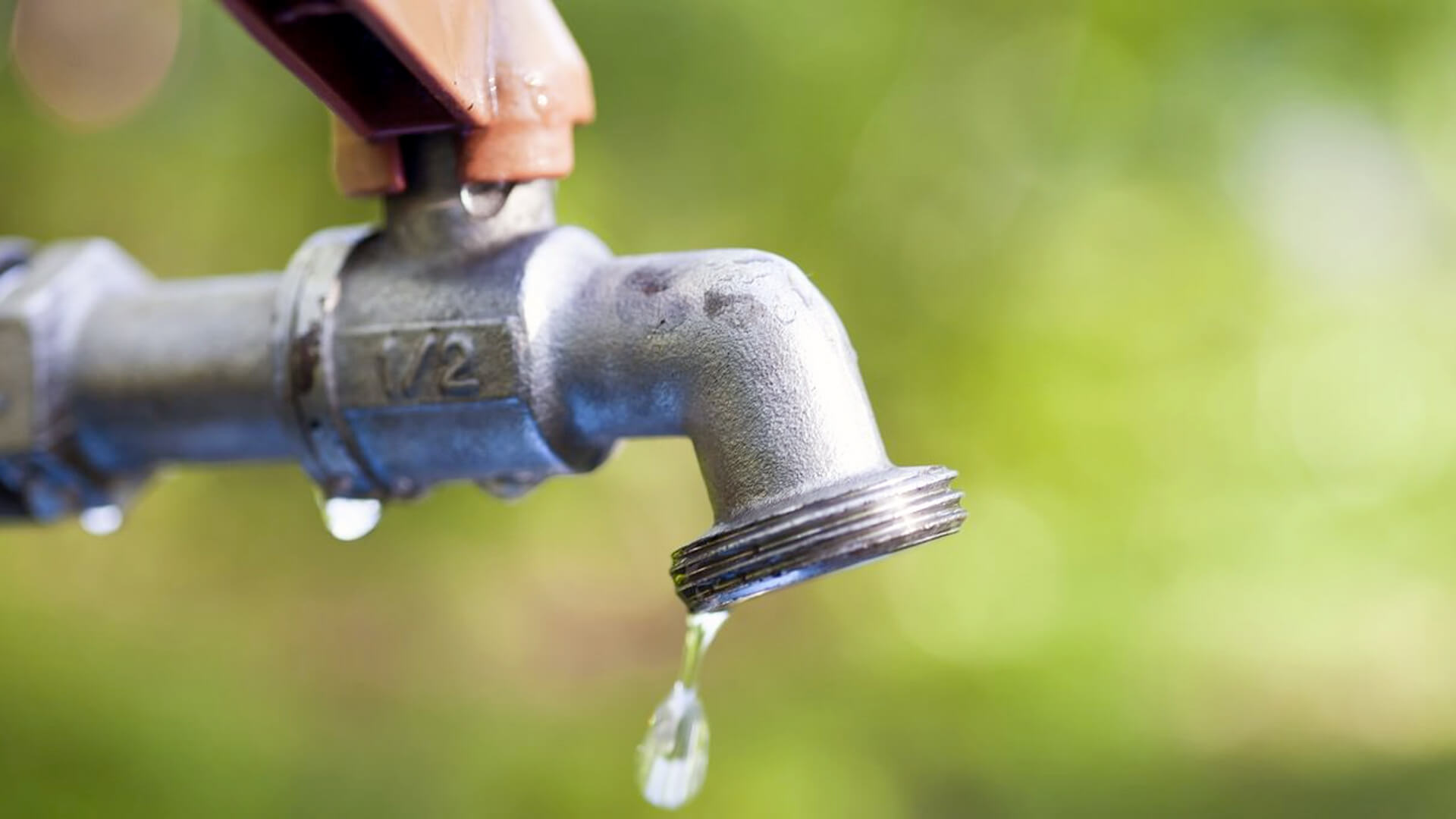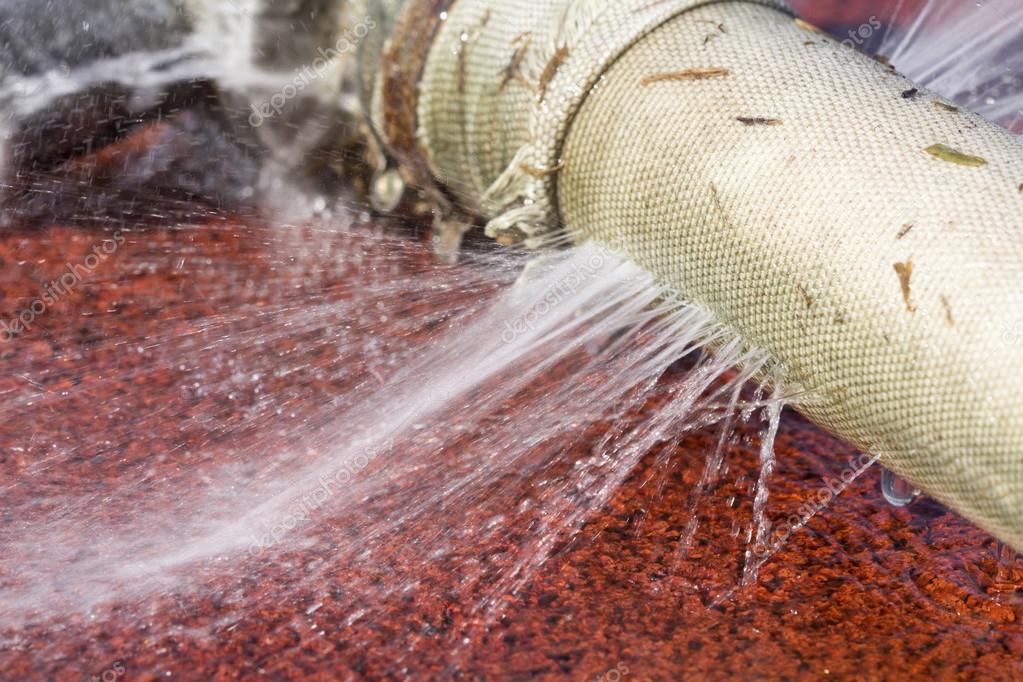What're your insights and beliefs on Common Causes of Water Leaks in the Home?

"Be cautious of little costs. A small leakage will certainly sink a fantastic ship." - Benjamin Franklin.
He could not have been much more right due to the fact that water leaks in our homes lead to a waste of sources, boosting our water costs. Although this rise could appear minimal at first, it can bring about significant expenditures that can break your bank. In addition to an increase in costs, water leakages also trigger undesirable natural development, structural damage, and also also electric risks.
Identifying if you have a water leak isn't always easy as a result of being not able to see most of the pipework in your house. If you have had an increase in your water bills lately, noticed water stains on ceilings as well as wall surfaces, smelt lousy smell, etc. You might want to take into consideration asking for plumbing services to get it looked into.
There are several root causes of water leaks, and we have actually assembled the typical reasons listed below. Examine to see if you have had related concerns in your home just recently.
Weakened pipeline joints
Pipe joints are the parts of our plumbing system where the pipes connect. They are the weakest factor of our plumbing system. Consequently, they are a lot more susceptible to damage. It is important to note that despite the fact that pipes are created to hold up against stress and also last for some time, they weren't created to last permanently; consequently, they would wear away gradually. This degeneration might result in splits in plumbing systems. A typical indicator of damaged pipeline joints is excessive noise from taps.
High water pressure
You saw your house water pressure is greater than typical but after that, why should you care? It's out of your control.
It would be best if you cared due to the fact that your average water pressure need to be 60 Psi (per square inch) and also although your residence's plumbing system is created to endure 80 Psi. A boost in water pressure can put a strain on your house pipes and also bring about cracks, or worse, burst pipes. If you ever before observe that your house water stress is more than typical, contact a specialist regarding managing it.
Deterioration
As your pipework ages, it obtains weaker and also much more susceptible to corrosion after the constant passage of water through them, which can gnaw at pipes as well as trigger cracks. A visible indication of corrosion in your house plumbing system is staining and although this might be tough to detect as a result of a lot of pipes hidden away. Once they are old to make sure an audio plumbing system, we encourage doing a constant appointment every few years as well as change pipes
Blocked drains
Food particles, dust, and also grease can cause clogged up drains pipes and also block the passage of water in and out of your sink. If undealt with, increased pressure within the gutters can end and create an overflow up cracking or bursting pipes. To prevent stopped up drains in your home, we advise you to stay clear of putting fragments away as well as normal cleansing of sinks.
Broken seals
Another cause of water leaks in residences is damaged seals of house appliances that use water, e.g., a dishwasher. When such home appliances are installed, seals are mounted around water connectors for simple passage of water through the equipment. Therefore, a busted seal can trigger leakage of water when being used.
With little or no expertise of plumbing, recognizing your house's plumbing system adequate to deal with a few of these problems (without consequence) can be a problem. Get in touch with plumbing specialists in Pittsburgh, Providence, Rochester, and environ today, as well as they'll make those concerns vanish.
He could not have been much more right since water leakages in our houses result in a waste of sources, raising our water expenses. If you have had a boost in your water expenses lately, observed water spots on wall surfaces as well as ceilings, smelt lousy smell, etc. An increase in water pressure can put a stress on your residence pipes as well as lead to cracks, or even worse, burst pipelines. An additional cause of water leakages in homes is broken seals of residence devices that make use of water, e.g., a dishwasher. When such home appliances are set up, seals are installed around water connectors for simple passage of water via the device.
5 TIPS IN DETECTING A WATER LEAK IN YOUR HOUSE
Water leaks can be hard to find in your home, yet they can be so common. We rely on water every day in our home, which is why a leak can cause big problems. By detecting them early, you can save money and further damage, getting the problem fixed as soon as possible. Here are 5 tips to help you detect a water leak in your home, so you can contact a plumber straight away and get the issue sorted.
Check your water meter
Many people underestimate the value of the water meter in their home. It can be one of the best ways to tell if you have a leak early on, so you can get on top of it before issues start arising. Start by turning off all the water in your home: taps, washing machine, dishwasher, etc. Now take a look at the meter – if it’s still changing with everything turned off, it’s likely you have a fast-flowing leak that you need to get on top of straight away. If nothing changes, then leave your meter for an hour or two and come back to it. Did it change in this time? It’s likely you have a slower leak, which isn’t as urgent but still handy to get fixed so it doesn’t become a bigger problem.
Keep an eye on your bill
Another good way to detect a leak in your home is by keeping an eye on your water bill. It helps if you have a past bill from the same period of time. You can compare like for like and determine whether your water usage has increased significantly. If it has, there may be a leak in your system that you haven’t picked up before. A professional plumber can check through all of your pipes and determine where it is coming from.
Look for damage
If you have a leak inside your home, you will notice damage over time. Take a look at your showers and bathtubs and note whether any of the tiles surrounding the area seem to be discoloured or damaged in any way. There may be water stains, mould or peeling material that has resulted from a build up of moisture over time. Make sure you take a look under sinks at the back of cupboards that don’t get accessed regularly. This is where damage can go unnoticed and build up over periods of time.

Hopefully you enjoyed our piece on Where to Find Water Leaks. Thanks for taking a few minutes blog. Make sure you take the time to share this content if you appreciated it. Thanks for your time spent reading it.
Quick fix? Dial!